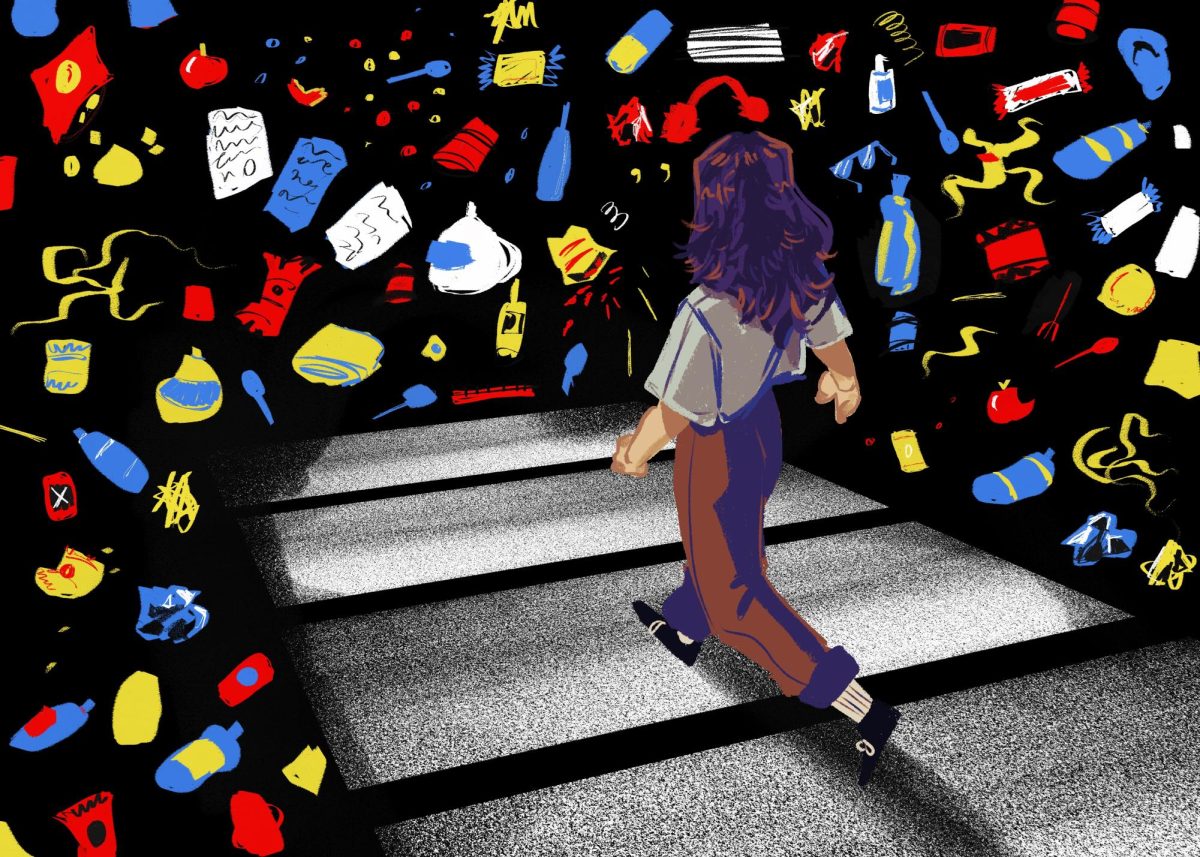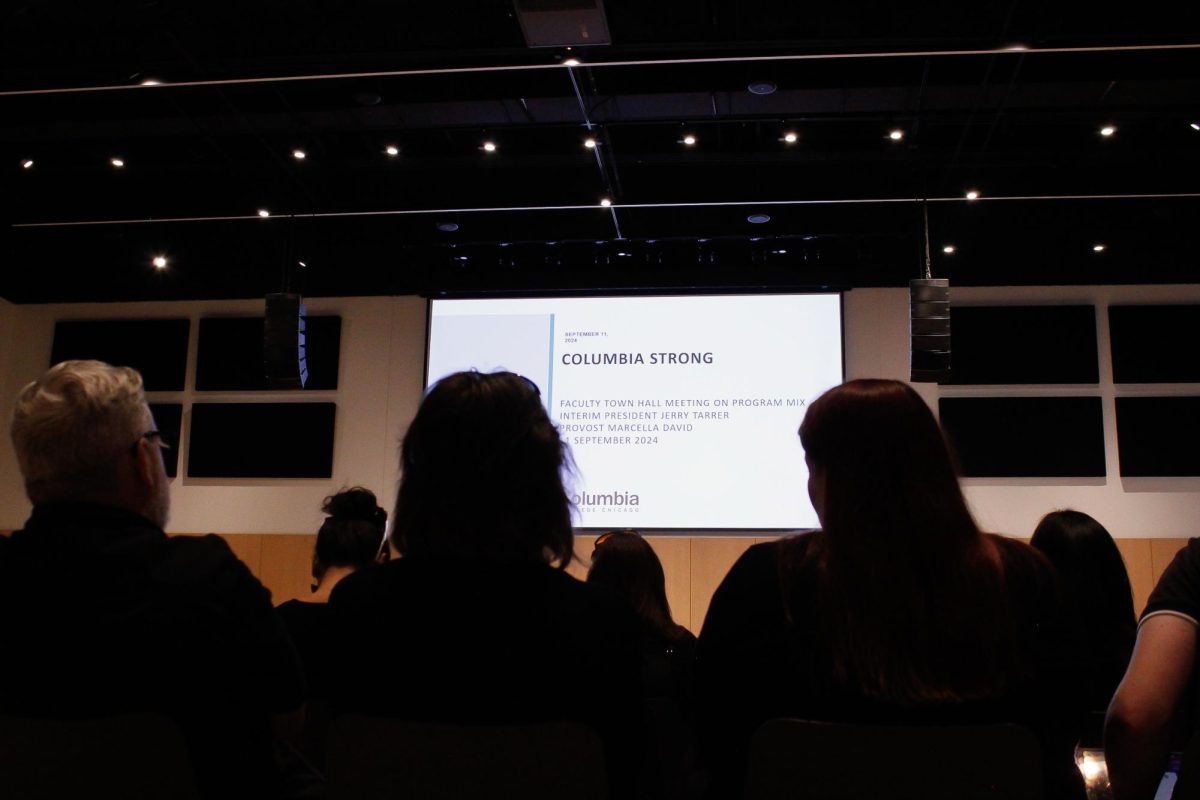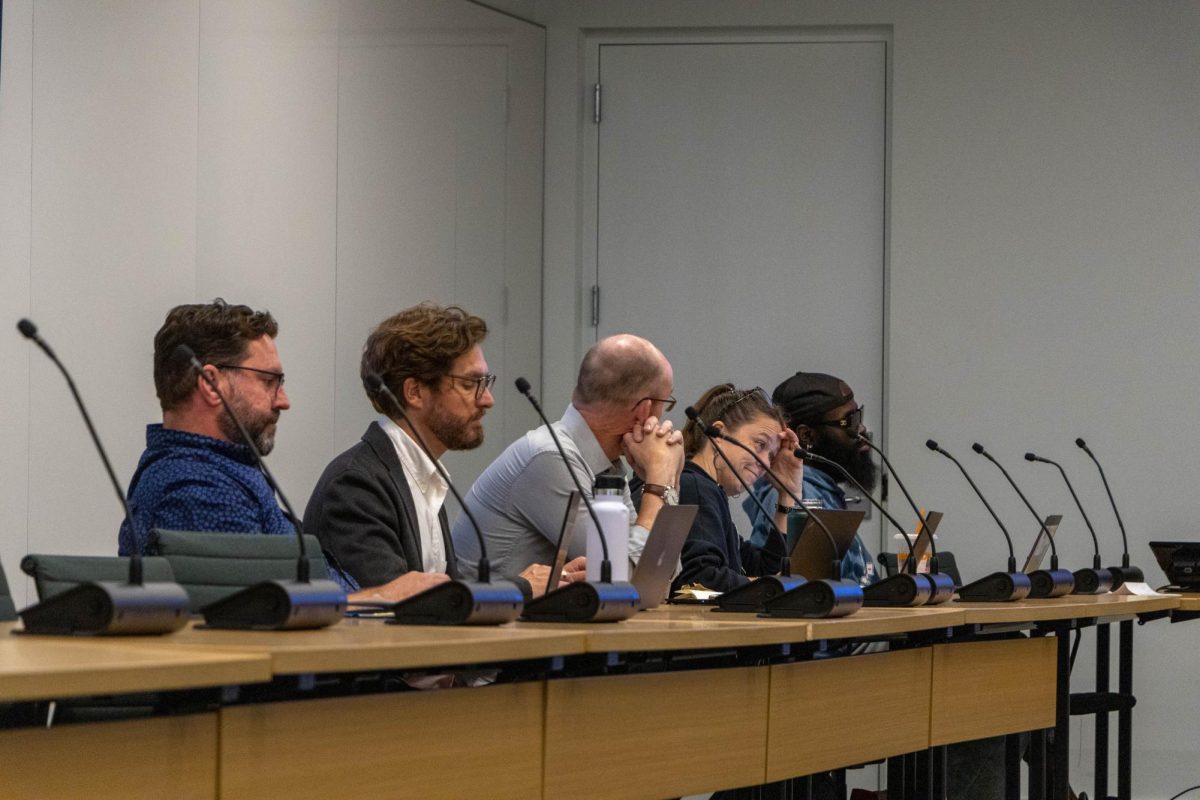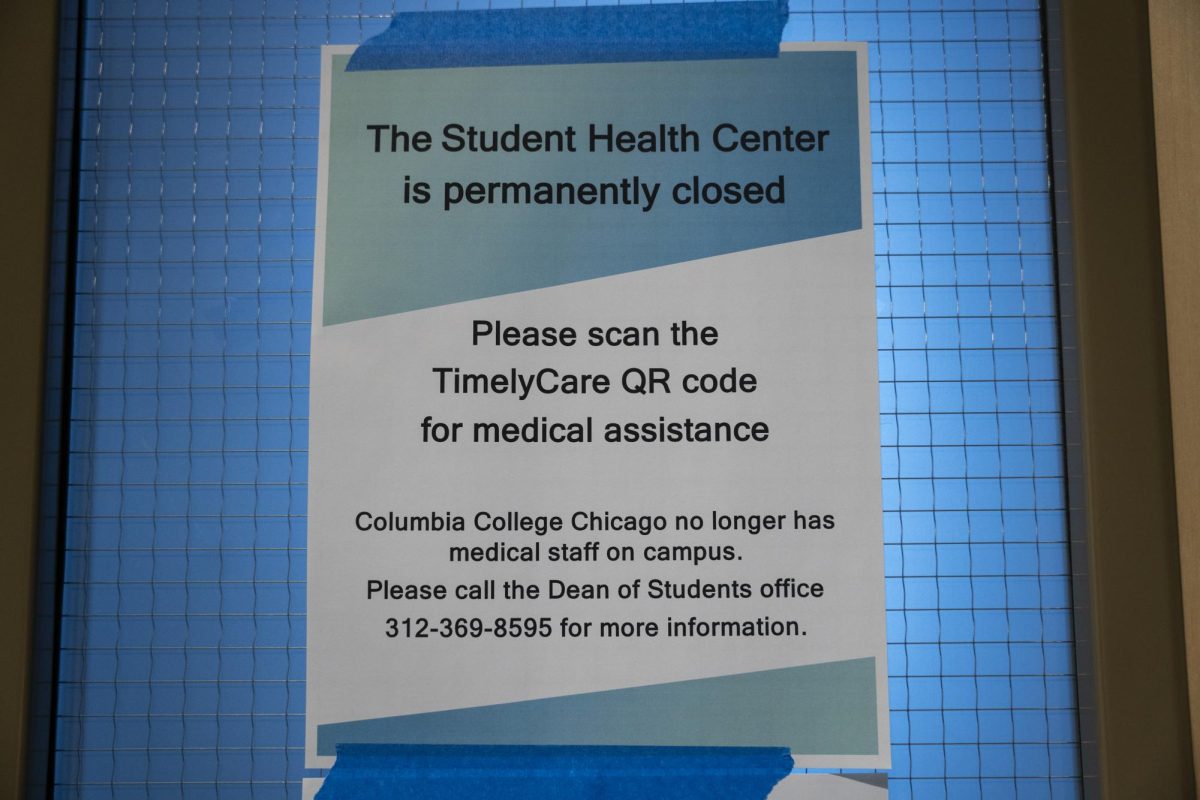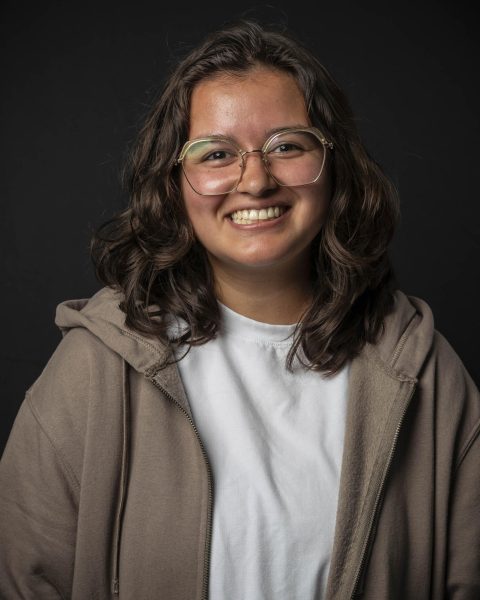The Columbia community got its first look at the sweeping changes proposed to address the $38 million deficit, and much of the attention was on the reduction of the core classes and the faculty who teach them.
In an email on Wednesday, Feb. 28, Kim delivered his draft advisory report outlining the measures the college needs to take to address the fiscal challenges, including reducing the core — what Columbia calls general education requirements — from 42 down to 30 credits, effective in Fall 2024.
This likely will result in the elimination of 11 to 13 full-time faculty positions across the English and Creative Writing, Humanities, History & Social Sciences and the Science and Mathematics departments in an initial round of cuts.
Like the other schools, Liberal Arts & Sciences would be eliminated, with its various programs dispersed into two of the eight new “creative entities” headed by directors.
The American Sign Language and the HHSS and ECW departments would fall under the new School of Communication/Cultural Studies in the new structure. The Science and Math department would be under the School of Media Arts and Sciences.
Stephanie Frank, associate professor of instruction who teaches religion in HHSS, said she fears that shrinking the core will narrow students’ horizons and career opportunities.
“This has always been the promise of Columbia—to give arts training in a liberal arts context, to help students see not just the ‘how’ but also the ‘why’ of art,” she said. “In my view, because of how quickly the world is changing, a liberal arts education is more important than it has ever been before.”
The chair of the college’s Board of Trustees, which has mandated that the college address the financial crisis, told the Chronicle earlier this week that students should be able to take more classes in their disciplines, or majors. “We need to align what the college offers for students of today,” he said.
In his report, Kim said reducing the core requirements will create more space for students to pursue minors, complete non-degree certificate programs or take electives to “deepen their knowledge of major disciplines or explore other creative pathways or core interests.”
In an email to the Chronicle, Interim Dean of the School of Media Arts, Tom Dowd, said the draft advisory report is “a roadmap to administrative reconfiguration in the college, starting in the fall of this year with the big changes it outlines.”
He said integrating different departments into more streamlined academic units would give more opportunities for students in their chosen major and related programs.
“It’s an evolution of where we have been as an institution that shows where we will be going, and the entire college community will be working on the refinement and details of the plan in the coming weeks,” Dowd said.
The report also states that students who are interested in taking extra liberal arts courses beyond the newly required ones will have the option to do so. The updated core requirements distribution will be included in the 2024-25 catalog and will apply to all incoming Fall 2024 first-year students.
Cari Beecham-Bautista, a part-time instructor in the Humanities, History, and Social Sciences Department said general education is fundamental for artists and media professionals.
“How can someone comment on society and create change if they don’t understand social forces, history, and culture?” she said. “Artists need to understand these dynamics in order to address them in their art, and they will have less opportunity to do that.”
Beecham-Bautista hopes that the faculty will be more involved in these proposed changes so that there could be more potential benefits for the students.
“Unfortunately, these decisions will be made top down, with no adjunct faculty input,” she said. “There has been little direct communication. We are all in limbo, waiting.”
Under its new bargaining agreement, the union now has a seat at the table in decisions related to course offerings and reductions. It also has a representative on the president’s budget advisory group.
What students are saying:
As the college undergoes a restructuring process, Student Government Association president Tyler Harding hopes the institution will take appropriate measures to meet students’ needs and expectations.
“It is important that the college consults with and listens to the voices of students as they are making these changes,” he said.
Many students said they supported reducing the core requirements but are worried about what this could entail for the faculty.
Sophomore transfer student Atlas Walker said that decreasing core course requirements could allow for more courses taken for their majors, but they feel skeptical about the proposal.
“I think that could potentially be a smart thing to do, but I also wonder if it’s a disguise for cutting more faculty,” they said. “I would love to not have to not worry about any more of my gen eds, but at the same time, what are the results?”
First-year theater major Rae Ruiz feels the same and said they just want to learn the most while also earning the credits to graduate on time.
“I would love to take more classes outside of my department as well as in my department that aren’t related to my major,” they said. “As long as there is no catch to it, and it truly means we can take more electives with extra credits, I might side with it.”
First-year acting major Afi Adjesso is more concerned about how the structural changes will affect different majors, specifically those in the entertainment field. “I realized that a lot of acting classes have been cut, and is it going to stop me from pursuing what I want to pursue? Or will it just not be beneficial?” she said.
Although worried about reducing section offerings per academic program, Adjesso thinks the college’s decision to reduce the required general education credits is good. “I didn’t come here to do math, science, or reading; I already did that in high school,” she said. “I want to focus more on the career and to grow as the act I want to be.”
The draft report also identified 28 degrees as “programs of concern” that he said could be eliminated, revised or combined with other programs. They include bachelor’s degrees in ASL interpretation, communication and music and bachelor’s of fine arts degrees in computer animation, fashion design and musical theatre performance. Some programs that have both bachelor’s and bachelor’s of fine arts degrees are on the list.
“It’s a little bit ridiculous to minimize the reason that people go here, and that is because it’s a fine arts college, and it’s open to so many abnormal majors that maybe other schools wouldn’t want to offer,” said sophomore music major Joel Arreola, who is worried about the possible merger of art programs. The school is “forgetting who they are,” Arreola said.
Under the proposal, the workload for full-time faculty will increase by three credits per academic year. The college would then adjust the expectations for scholarly and creative activity, service and professional development for tenure and tenure-track faculty.
Morgan Dapkus, a junior screenwriting major transfer student, worries that this will limit faculty from continuing to work in their fields outside the college.
“You would also be asking the remaining professors to do a lifestyle change and commit more of their time to the school because the school needs more money,” Dapkus said. “What about thinking about your faculty as people who are artists, who like to work in the industry and also help students get into the industry? Because I’m sure that’s a passion of theirs.”
Current students will be able to opt into the new core requirements but will not likely see changes to their degree programs until they graduate.
But Dapkus is still concerned.
“Even when I’m gone, I don’t want to see the school crumble. I hope it keeps thriving,” Dapkus said. “I don’t want something bad to happen to the school even if I’m leaving. I care about the longevity of it.”
Additional reporting by Riley Hannon, Avery Heeringa, Sofía Oyarzún, Uriel Reyes, Sydney Richardson Vivian Richey, Allison Shelton, Lilly Sundsbak and Maya Swan-Sullivan.










